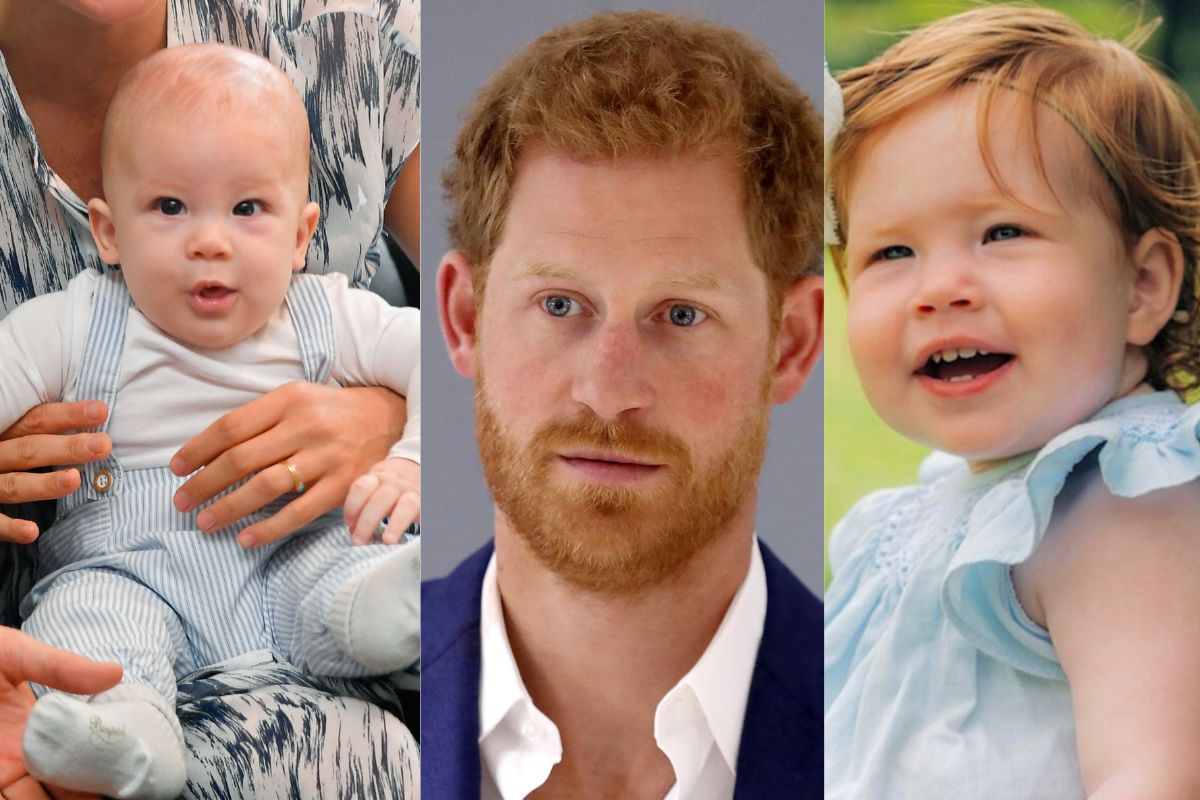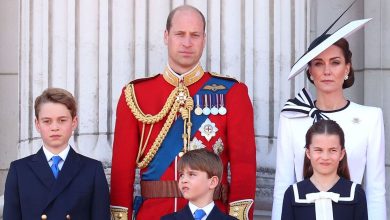Prince Harry has expressed significant concern about the impact of smartphones and social media on children, including his own—Prince Archie and Princess Lilibet. During a recent statement made on World Mental Health Day 2024, Harry highlighted his fears about how digital devices and online platforms are affecting young people’s mental health and childhood development. His comments come as global conversations around youth well-being and the dangers of excessive screen time continue to intensify.

This concern follows his participation in a discussion with Jonathan Haidt, the author of *The Anxious Generation*, where Harry delved into the detrimental effects of social media on young minds. Having just returned from a trip to South Africa, Harry’s engagement in this conversation emphasizes his commitment to addressing the mental health challenges of the digital age, particularly for children. He shared his belief that smartphones are “stealing young people’s childhoods,” a sentiment that many mental health experts agree with as they raise alarms over the consequences of constant digital exposure.
Not everyone, however, is sympathetic to Harry’s concerns. Angela Levin, a royal expert who has been openly critical of Harry and Meghan Markle, has dismissed his worries. She suggested that Harry’s fears about his children’s screen time are exaggerated, framing them as part of his ongoing battle with the media. Levin tweeted that Harry is obsessively anxious about Archie and Lilibet’s screen time and implied that it’s within his control to manage their access to devices. Her remarks, particularly the comment, “if you have something else ready, their tears won’t last,” suggested she believes Harry’s worries stem more from his personal frustrations with the media than genuine concern for his children.

Despite such criticism, Harry and Meghan have taken proactive steps to address the broader implications of digital media on young people. Through their Archewell Foundation, they aim to collaborate with experts and stakeholders to foster a safer online environment for children. Their mission is to engage families, parents, and digital leaders to ensure that mental health and safety are prioritized as technology becomes more intertwined with daily life. The Foundation’s focus on building a better online world aligns with their broader commitment to mental health advocacy and reflects their efforts to protect their children and other young people from the pressures of the digital world.
As the debate around children’s exposure to social media and screen time intensifies, Harry’s stance resonates with many parents. His concerns reflect the growing challenges modern parents face, trying to balance the benefits of technology with the need to preserve childhood innocence. His conversation with Jonathan Haidt underscored the urgency of this issue, with both men emphasizing that children’s mental health must be prioritized in an age dominated by smartphones and social platforms.

Critics like Angela Levin may dismiss Harry’s concerns as part of his ongoing friction with the media, but many parents share his anxieties. His voice in this global conversation highlights the importance of rethinking how society engages with digital platforms and their impact on young minds. As Harry grapples with his own experiences of media scrutiny, his role as a father has made him particularly attuned to protecting his children from the potential harms of a hyper-connected world. Through his advocacy, he hopes to help create a healthier and more mindful relationship with technology for the next generation.






